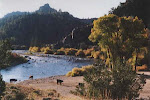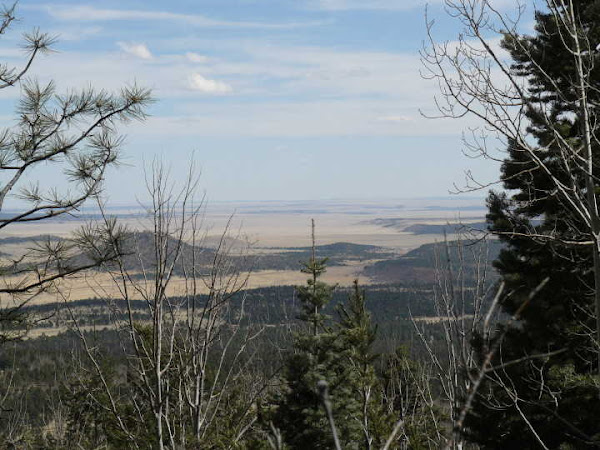THE NATION'S EFFORTS to enhance natural gas production and increase energy independence might bring with them new threats. There are growing complaints that gas drilling, particularly in the Rocky Mountain region, is contaminating water supplies with chemicals and endangering human health.
Some environmental and citizens groups claim that exemptions in federal law are responsible for allowing gas operations to contaminate water and air. To remedy this, they are working for changes in federal, state, and municipal regulations. They have succeeded to a degree on the state and local level. And Rep. Henry A. Waxman (D-Calif.), chairman of the House Committee on Oversight & Government Reform, is considering legislation that would end some of the gas industry's exemptions from federal environmental laws.
Gas exploration and drilling have increased greatly over the past two decades. According to the Energy Department's Energy Information Administration, between 1990 and 2005, the number of producing gas wells nationwide increased from roughly 270,000 to 425,000. The industry has experienced the greatest growth in Colorado, Montana, New Mexico, and Wyoming.
Waxman and numerous activist groups are especially concerned about the chemicals used in hydraulic fracturing, a method often practiced to enhance production of gas, composed primarily of methane. The procedure begins with the drilling of a production well. Then, a mixture of water, chemical additives ranging from diesel fuel to guar gum, and sand is injected into the well at high pressure. The mixture, or "fracturing fluid," is put in with enough force to form new cracks in underlying rock. Finally, to prepare for actual gas production, engineers pump the groundwater and injected fracturing fluids out from the network of fractures until the pressure declines enough to allow gas to be released from the sandstone or coal.










